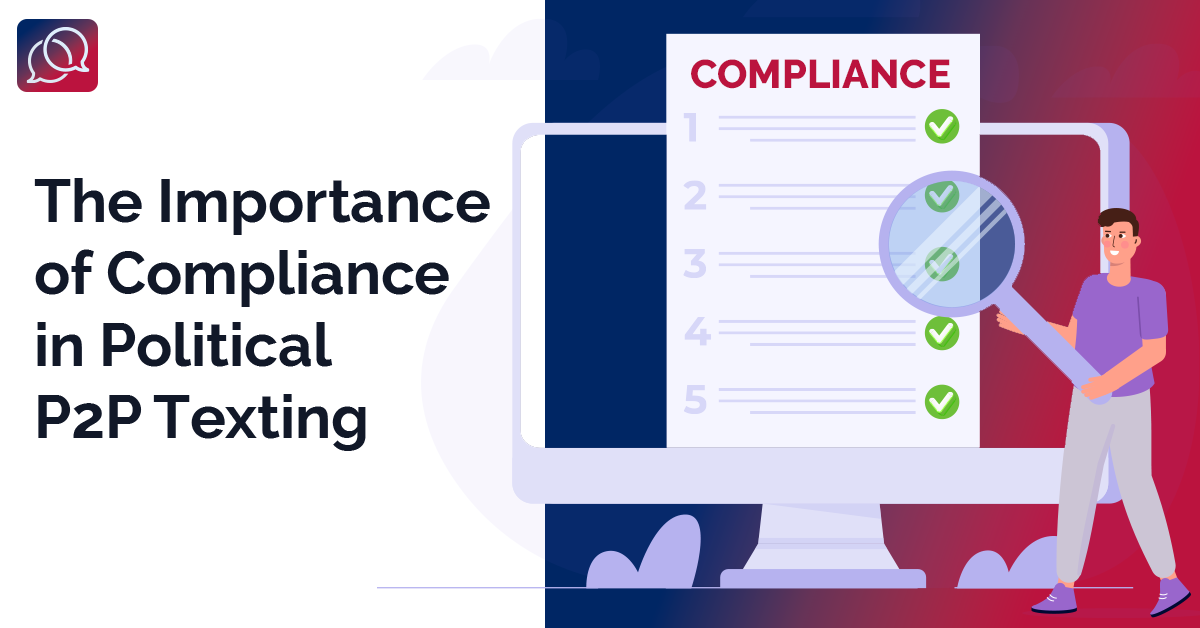
The Importance of Compliance in Political P2P Texting
On June 25, 2020, the FCC ruled that real, human-driven political P2P texting does NOT violate the TCPA as it is not considered autodialing. Despite this clear guidance, some reckless companies continue to ignore the FCC’s ruling, opting instead for illegal bulk robotexting disguised as peer-to-peer communication.
The FCC’s Declaratory Order explicitly states:
“[W]e make clear that if a calling platform is not capable of originating a call or sending a text without a person actively and affirmatively manually dialing each one, that platform is not an autodialer, and calls or texts made using it are not subject to the TCPA’s restrictions on calls and texts to wireless phones.”
The Dangers of Ignoring the FCC
Since this ruling, some unscrupulous texting vendors have falsely claimed that it’s acceptable to send bulk text messages under the guise of P2P communication, blatantly disregarding the FCC’s compliance guidelines. This approach is not only illegal but also highly irresponsible.
Fake P2P firms are taking costly shortcuts, claiming they have the “law” on their side. This is untrue. The fake P2P argument hinges on an obscure footnote “7” from an unrelated court case. Experts agree to proceed with extreme caution.
Peerly: A Real P2P Firm
At Peerly, we take compliance seriously. Our system is genuinely human-powered, and we have made significant efforts to ensure that our platform aligns perfectly with the FCC’s definition of legal P2P texting. We make compliance easy.
Since the FCC’s initial ruling, numerous court cases have upheld the necessity of human intervention in P2P texting. To date, to our knowledge there has not been a single court case that has successfully challenged the FCC’s declaratory ruling by endorsing bulk political texting.
Trust in Peerly’s Compliance
When you choose Peerly, you can be confident that you are using a true P2P texting platform that is fully compliant with the FCC’s guidelines. Rest assured, with Peerly, you are on the right side of the law.
Recent Wins for Real P2P Texting
PASCAL v. CONCENTRA, INC.
The court found the P2P system also had all of the hallmarks of human intervention.
“Courts continue to apply a common-sense reading of Facebook and are not swayed by attempts to expand Footnote 7 beyond its narrowly circumscribed purpose… Finally, the stand-by of human intervention continues to pay dividends. Facebook may have provided clarity, but traditional evidence of consistent and repeated human intervention still holds sway with federal courts.”
Defendant Won Summary Judgment – www.jdsupra.com
———————————————————
MATTHEW BOWMAN – Plaintiff v. UNTERMAN FOR CONGRESS, INC.
The defendant, a congressional candidate, successfully argued.
The fact that a human sends each text message is critically important. In Glasser, the Eleventh Circuit found that a system is not an “automatic” dialing system for purposes of the TCPA when “the system requires a human’s involvement before it places any calls.” Further, the Court found a key factor in the system not being an automatic system for purposes of the TCPA was that “[h]uman intervention [was] necessary.” Just like the system that was not an automatic dialing system in Glasser, the text messages sent to Plaintiff were sent only with human involvement.
The case was dismissed.
————————————————————————————–


